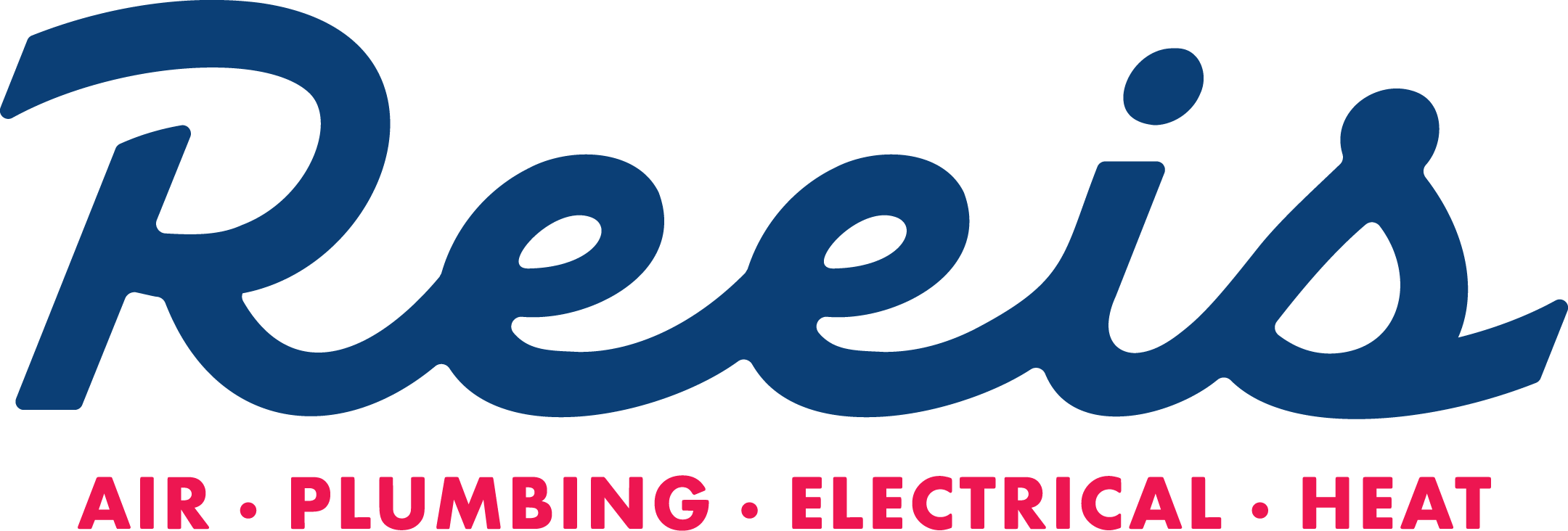Your HVAC system is essential if you need to effectively heat or cool your home in Prescott, AZ. As such, it’s best you get acquainted with the use of these comfort machines. Below are some frequently asked questions relating to your HVAC system.
How Do You Increase the Efficiency and Lifespan?
One of the perks of an efficient HVAC system is that it lasts longer. An efficient system that performs at its peak puts less strain on its components and effortlessly meets desired temperatures. One of the main ways to increase your system’s efficiency and durability is by scheduling routine preventive maintenance services.
Maintenance ensures your system components are running with no wear and tear. This reduces the probability of costly damages. Other ways to increase HVAC efficiency is through:
- Ensuring your ductwork is free from blockages and air leaks.
- Changing your air filters monthly to ensure your system runs effectively.
- Upgrading to a programmable thermostat.
- Using fans to improve your comfort.
- Ensuring you get the right HVAC system fit for your household.
Why Pick Whole-House Ductless Mini-Splits?
If you want to independently heat and cool different rooms or spaces in your home, installing whole house ductless mini-splits is the best option for you. The ductless mini-split systems are minimal in design and fit in different areas of your home, enabling zonal heating and cooling.
Ductless mini-splits are also more energy-efficient systems than the traditional HVAC system. That’s because they don’t use air ducts or vents.
Should You Cover the HVAC System During Extreme Conditions?
As fall and winter fast approach, you may be wondering about the safety of your outdoor unit. Your HVAC system’s design allows it to stay outside, regardless of the weather conditions. However, in case the system is around trees, building an overhead shed may be a better solution to covering it with fabric materials.
What’s the Meaning Behind SEER Ratings?
The Seasonal Energy Efficient Ratio, better known as the SEER rating, measures the energy efficiency of an AC system. A higher SEER rating means a system is more energy-efficient, thus saving on energy consumption.
All AC systems have to meet the SEER rating of 13 as per the US Department of Energy guidelines. Higher-rated AC systems are also more expensive than their counterpart systems.
How Do You Detect a Refrigerant Leak?
The leaking of your refrigerant is one common problem in HVAC systems. Refrigerant leaks can cause poisoning, with symptoms that include irregular breathing, head pains, vomiting and skin irritation. Below are two ways to check for a refrigerant leak:
- Refrigerant gases contain a UV light radiating oil. The presence of a leak will cause fluorescent marks when you shine a UV light on it.
- The second and best option is to call a service technician once you suspect that your refrigerant may be leaking. HVAC professionals use the pressure test to check for leaks.
What Should You Know Before Purchasing an HVAC System?
Knowing what to expect can be hard if you’re in the market for your first HVAC system. Of utmost importance is ensuring that your HVAC system is from a reliable and trusted manufacturer.
Legit manufacturers produce systems that meet required energy efficiency demands. They will also provide you a warranty on your system. Other factors to consider may include your home’s size, the number of occupants and the HVAC system’s power specifications.
What are Heat Pumps?
Your heat pump functions as the component that distributes hot or cool air into your home. Heat pumps can also serve your air conditioning needs, eliminating the need for two units.
Understanding your HVAC system is key to knowing and understanding its functionality. Contact and hire our team at REEis Air Conditioning for all your HVAC repair, maintenance and installation needs.
Image provided by iStock









